Explore Denmark's hydrogen valuechain
Get a full overview of how hydrogen can produce green fuels for transport and industry, create value for electricity grids, and deliver heat for district heating.
Explore the publication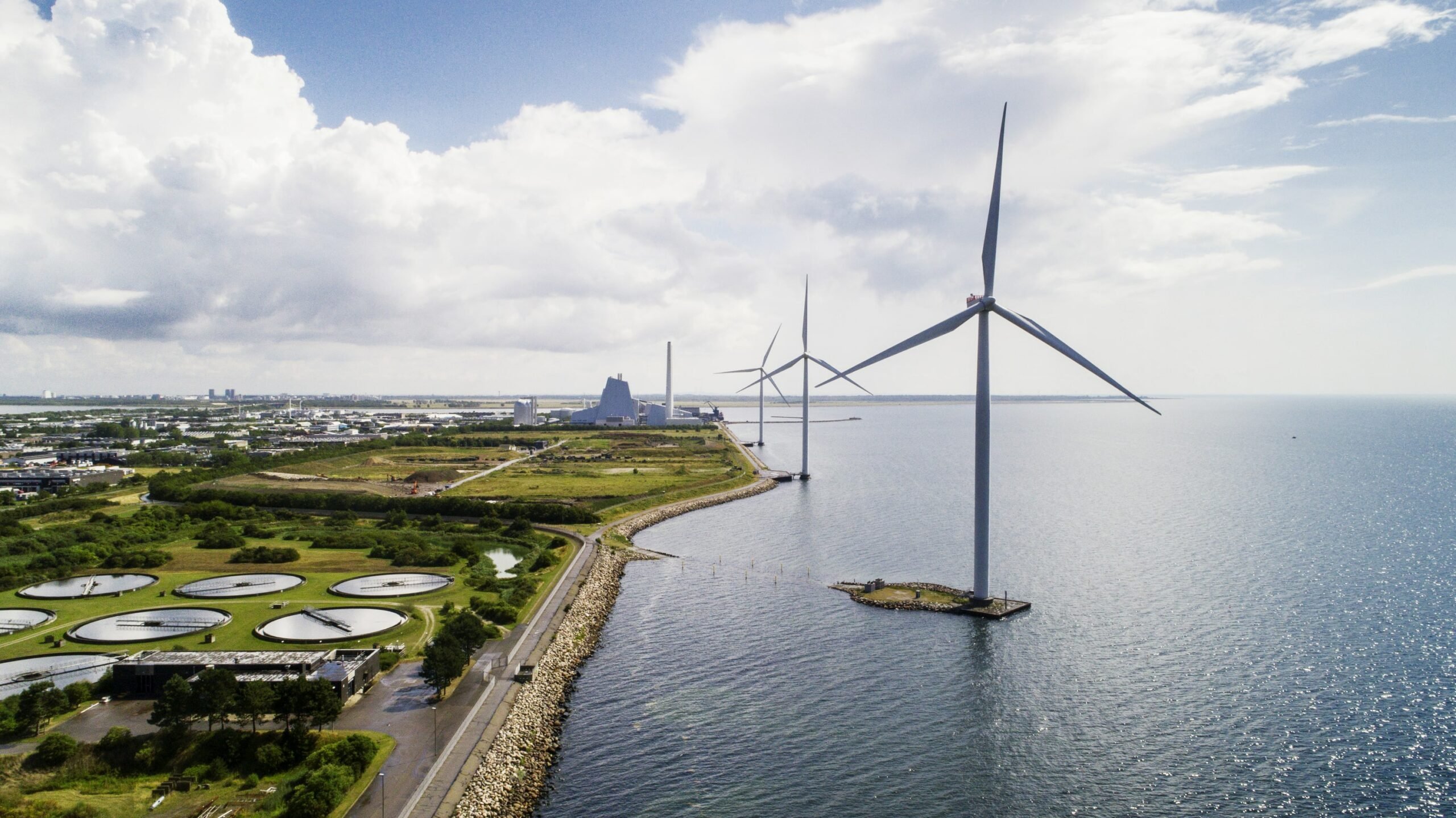
Green hydrogen and e-fuels play a vital role in advancing the green transition. Produced through electrolysis using renewable electricity, both are critical components in decarbonising industries and transportation globally.
Photo credit: Ørsted
Get a full overview of how hydrogen can produce green fuels for transport and industry, create value for electricity grids, and deliver heat for district heating.
Explore the publicationFind companies and organisations excelling in creating innovative solutions within hydrogen and e-fuels.
Go to solutions providersDenmark has experience across the entire green hydrogen value chain, spanning unparalleled knowledge within wind energy, highly efficient electrolyser technologies, cross-industry energy efficiency, a strong transport sector, district heating grids for heat utilisation, and cutting-edge technology providers.
Renowned for research and development, Denmark supports the emergence of new industries while aligning workforce skills with hydrogen sector demands. A strong emphasis on education cultivates a skilled labour force, facilitating a green and equitable transition.
Denmark has a long tradition of active energy policy, initiated as a reaction to the first oil crisis in 1973. Over the years, a pursuit of energy efficiency, system integration, and renewable energy generation has moved Denmark close to a fossil-free energy system. Denmark aims to reach 100 pct. renewable electricity in 2027.
The next step is the decarbonisation of heating, transportation, and industry through both direct and indirect electrification, taking advantage of the high level of renewable energy in the energy system. Denmark aims to have an excess amount of renewable energy in 2030 with a share in electricity above 100 pct. of consumption.
Hydrogen is the natural conclusion of this journey. It holds considerable potential for reducing CO₂ emissions in hard-to-electrify sectors and offers further potential for system integration, sector coupling and deployment of renewable energy sources. Denmark is targeting 4-6 GW of green hydrogen by 2030 and finalised its first hydrogen tenders in 2023.
Denmark was the first country to install a commercial offshore wind farm more than 30 years ago and has been a first mover in the wind industry for decades. Geographically located in the shallow waters between the North and Baltic Sea, Denmark has access to abundant offshore wind resources and low electricity costs. This provides the potential for Denmark to become Europe’s green powerhouse and great potential for green hydrogen and e-fuel production. Abundant wind resources combined with hydrogen and hydrogen derivatives can also secure a reliable, independent, and sustainable net-zero emission energy system.
Denmark is already now proving that the practically unlimited global offshore wind resources are ideally suited to power renewable hydrogen production in projects around the country. Further technology developments within green fuel production and utilisation are crucial to bring down costs and bring up the scale of these projects. Denmark being an R&D nation with a strong energy innovation track record, taking pilot projects and technologies to commercial scale is nothing new.
Every fifth minute, a Danish-operated ship calls at a port somewhere in the world, contributing to connecting markets and keeping world trade flowing. With a strong shipping heritage, Denmark is among the biggest seafaring nations in the world.
In Denmark, global players within the industry and transport are embracing the change and taking the lead to decarbonise. For example, the global shipping company, Maersk, has already put the first-ever carbon-neutral vessel to use at sea.
Danish authorities and shipping companies are at the forefront of the green transition, pushing for climate action and ambitious global regulation towards net-zero shipping. With an ambitious call to accelerate the transition, Denmark aims for climate-neutral shipping by 2050 without the use of compensation.
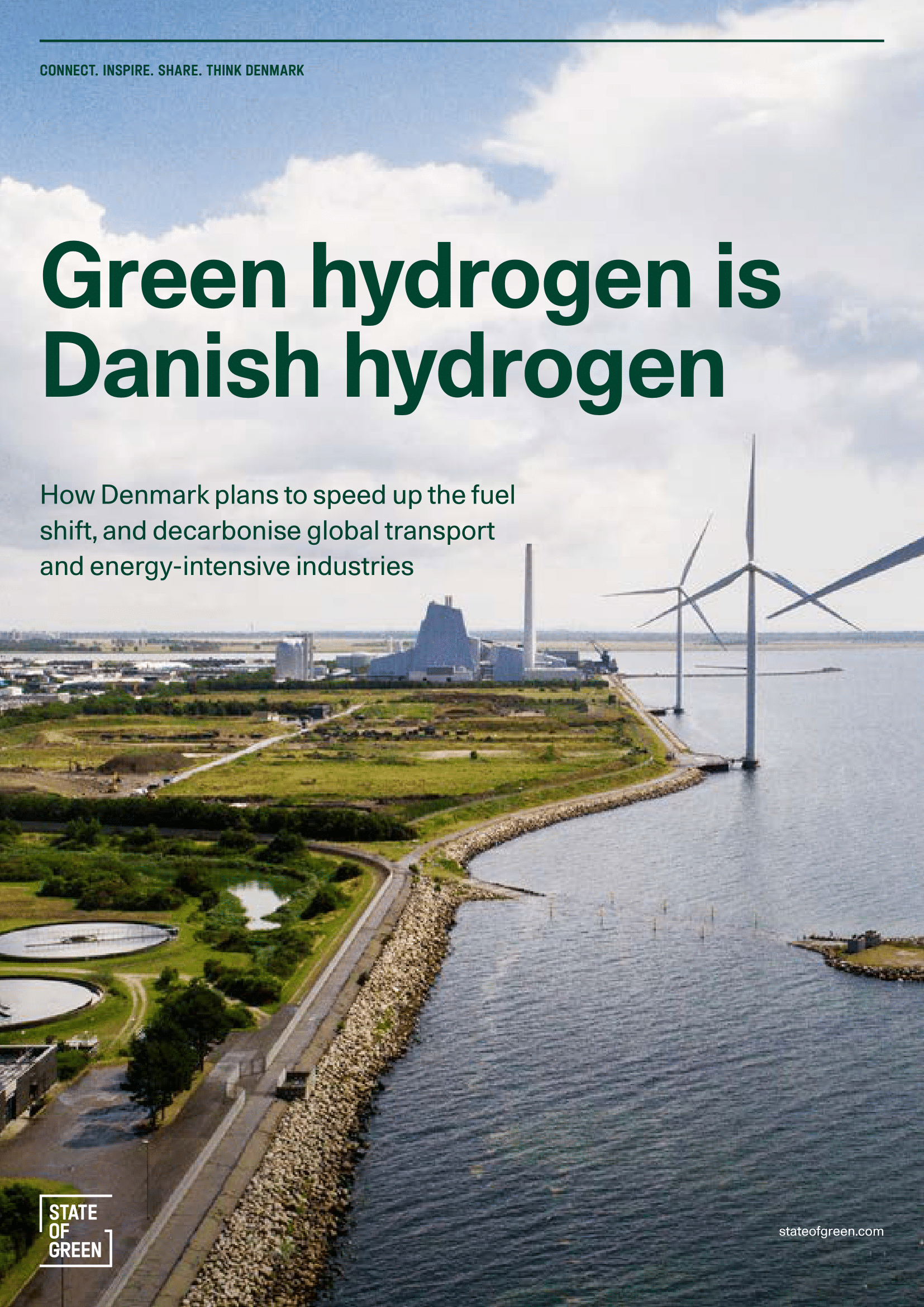
We have gathered all you need to know about the Danish milestones in decarbonising industries and transportation and brought together inspiring solutions in this free publication.
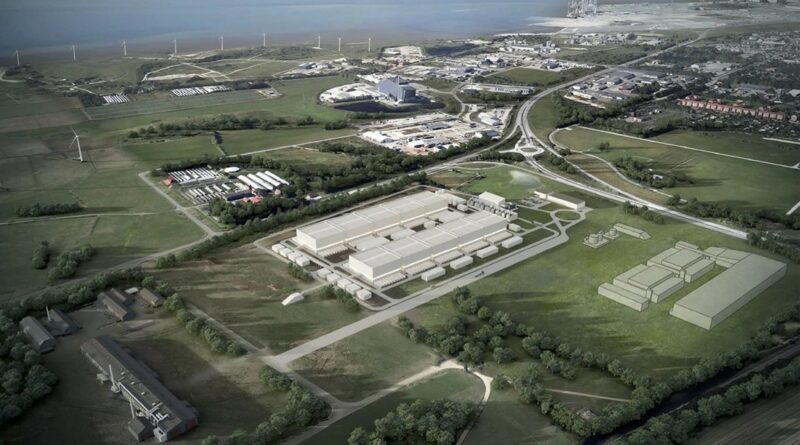

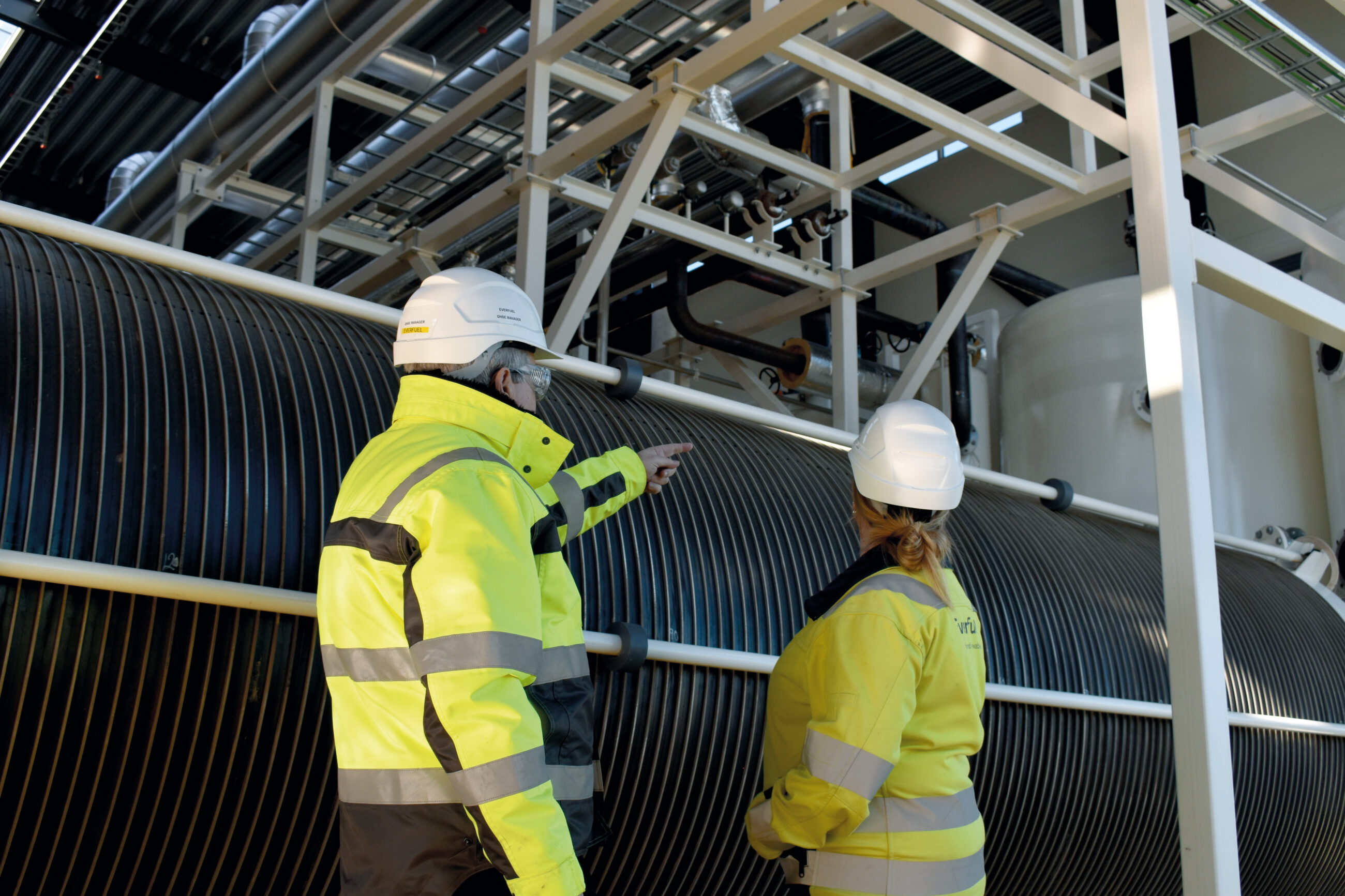
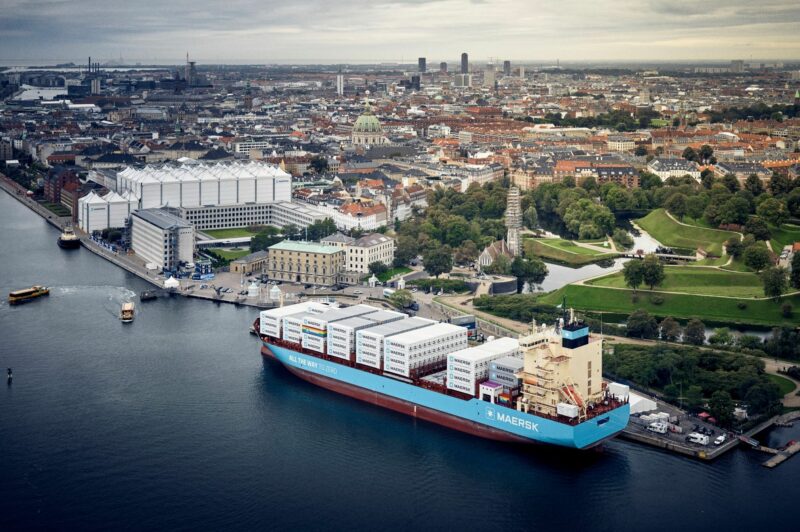
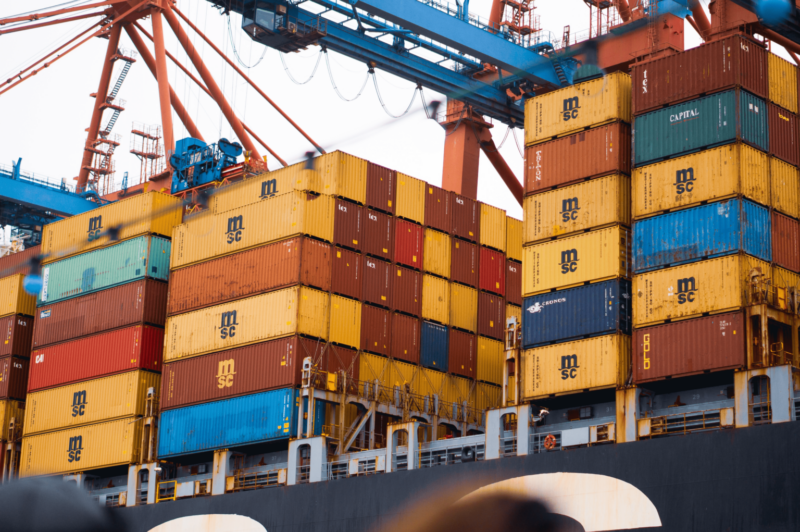
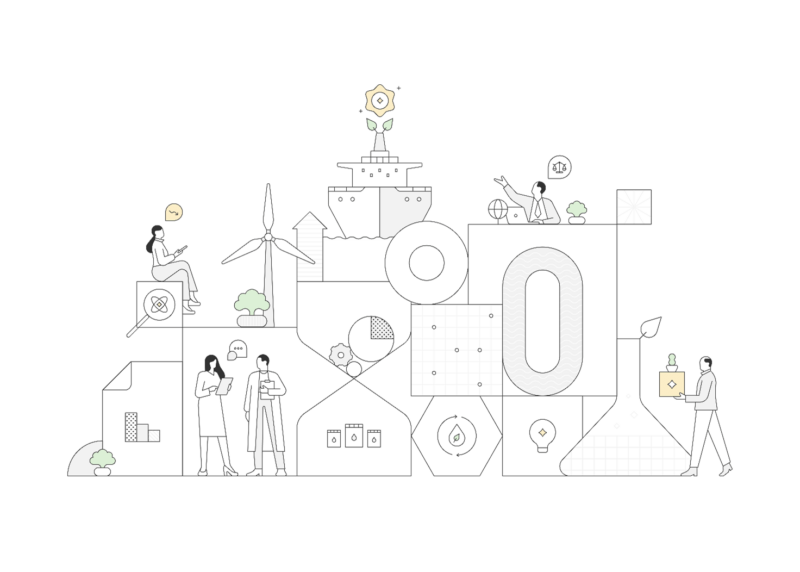

partners
Biogas
+7

partners
Wind energy
+12

partners
Transport

partners
Combined heat and power production
+15
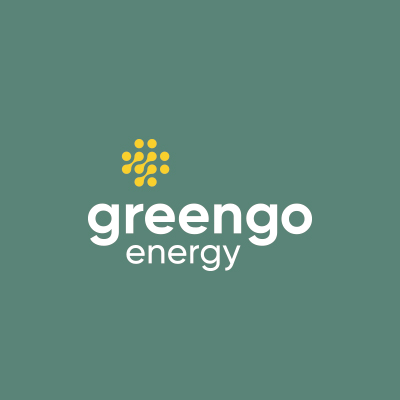
partners
Energy storage
+7
News
Carbon capture, storage and utilisation
+8